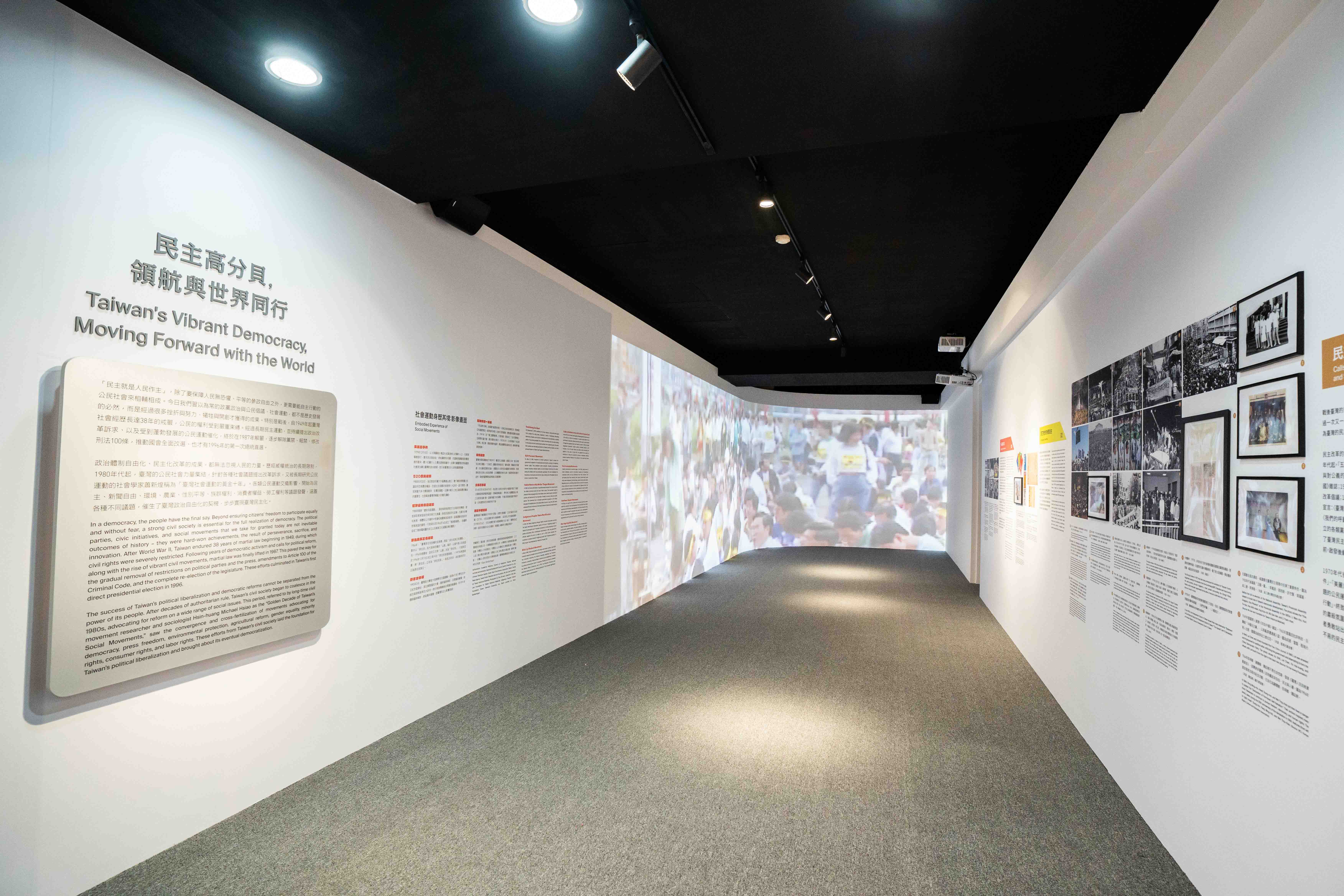In a democracy, the people have the final say. Beyond ensuring citizens' freedom to participate equally and without fear, a strong civil society is essential for the full realization of democracy. The political parties, civic initiatives, and social movements that we take for granted today are not inevitable outcomes of history – they were hard-won achievements, the result of perseverance, sacrifice, and innovation. After World War II, Taiwan endured 38 years of martial law beginning in 1949, during which civil rights were severely restricted. Following years of democratic activism and calls for political reform, along with the rise of vibrant civil movements, martial law was finally lifted in 1987. This paved the way for the gradual removal of restrictions on political parties and the press, amendments to Article 100 of the Criminal Code, and the complete re-election of the legislature. These efforts culminated in Taiwan's first direct presidential election in 1996.
The success of Taiwan's political liberalization and democratic reforms cannot be separated from the power of its people. After decades of authoritarian rule, Taiwan's civil society began to coalesce in the 1980s, advocating for reform on a wide range of social issues. This period, referred to by long-time civil movement researcher and sociologist Hsin-huang Michael Hsiao as the “Golden Decade of Taiwan's Social Movements,” saw the convergence and cross-fertilization of movements advocating for democracy, press freedom, environmental protection, agricultural reform, gender equality, minority rights, consumer rights, and labor rights. These efforts from Taiwan's civil society laid the foundation for Taiwan's political liberalization and brought about its eventual democratization.
